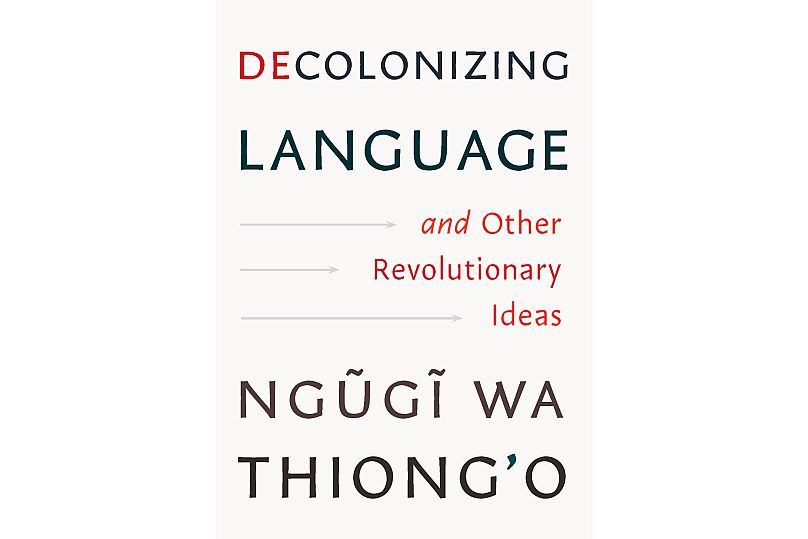Ngũgĩ wa Thiong’o, the celebrated Kenyan author and champion of African expression, died on Wednesday aged 87.
“It is with a heavy heart that we announce the passing of our dad, Ngugi wa Thiong’o this Wednesday morning,” wrote his daughter Wanjiku Wa Ngug on Facebook. “He lived a full life, fought a good fight.”
Further details were not immediately available, though Ngũgĩ was receiving kidney dialysis treatments.
Widely regarded as east Africa’s most influential writer, Ngũgĩ’s fiction and nonfiction books traced his country’s history from British imperialism to home-ruled tyranny and challenged not only the stories told but the language used to tell them.
“I believe so much in equality of languages. I am completely horrified by the hierarchy of languages,” he told AFP in an interview in 2022 from California, where he lived in self-imposed exile.
Best known for his novels such as “The River Between”, “The Wizard of the Crow” and “Petals of Blood,” memoirs such as “Birth of a Dream Weaver” or the landmark critique “Decolonizing the Mind” – a collection of essays about the role of language in forging culture, identity and history – Ngũgĩ was admired worldwide by authors ranging from John Updike to Chimamanda Ngozi Adichie.
He was also admired by former President Barack Obama, who once praised Ngũgĩ’s ability to tell “a compelling story of how the transformative events of history weigh on individual lives and relationships.”
His decision in the 1970s to abandon English in favour of his native Kikuyu, as well as Kenya’s national language Swahili, was met with widespread incomprehension at first.
“We all thought he was mad… and brave at the same time,” said Kenyan writer David Maillu. “We asked ourselves who would buy the books.”
Yet the bold choice built his reputation and turned him into an African literary landmark.
Indeed, Ngũgĩ and fellow writer Ngugi wa Mirii were jailed without charge in 1977 after the staging of their play “Ngaahika Ndeenda” (“I Will Marry When I Want”). It was then that he decided to write his first novel in Kikuyu, “Devil on the Cross”, which was published in 1980.
Amnesty International named him a prisoner of conscience, before a global campaign secured his release from Kamiti Maximum Security Prison in December 1978.
“Resistance is the best way of keeping alive,” he told the Guardian in 2018. “It can take even the smallest form of saying no to injustice. If you really think you’re right, you stick to your beliefs, and they help you to survive.”






